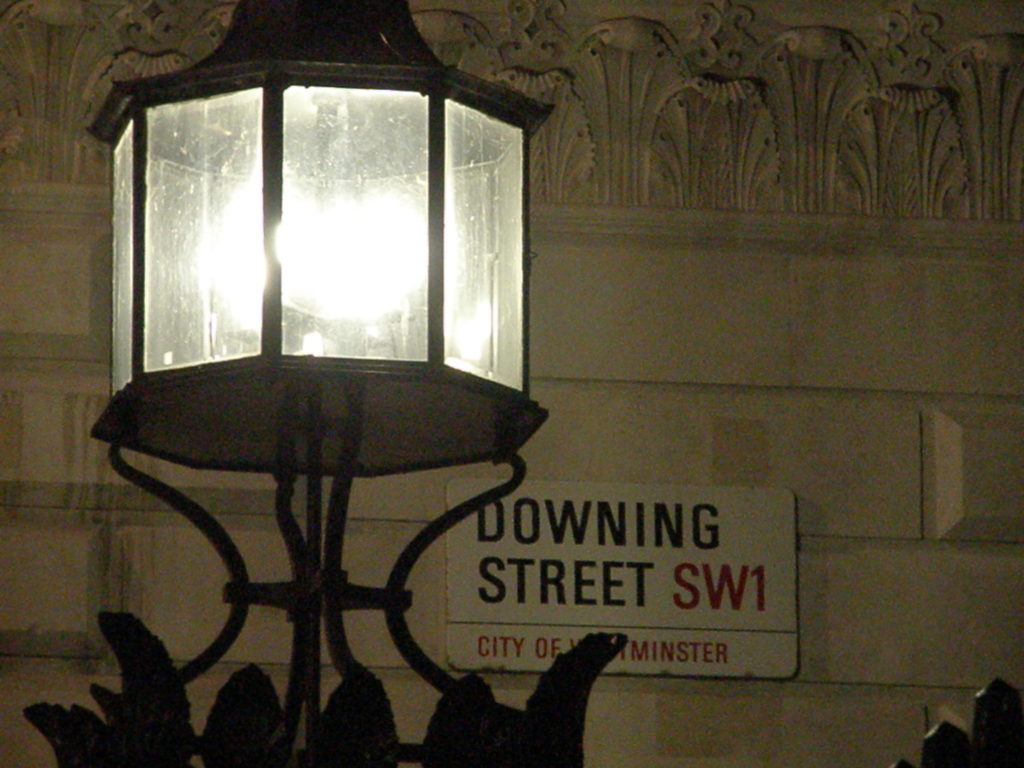CSC Director Liz Dávid-Barrett has previously evidenced worrying patterns of behaviour from the Johnson administration, from attacks on accountability institutions to the installation of political allies in key public appointments and excessive use of secondary legislation. In the third installment of our series, she highlights the key areas that will indicate whether or not the Truss government is likely to shore up the UK’s increasing institutional vulnerability to state capture.
Under Boris Johnson, I have argued, the UK started to slide into a condition known as state capture. This is where a narrow interest group seeks to consolidate its power through improperly changing the rules of the game and influencing the implementation of those rules, while at the same time disabling institutions that seek to hold them to account. I set out the evidence on Johnson’s moves towards state capture in the keynote speech at this years’ Constitution Society conference, highlighting the way that he eviscerated parliament’s ability to scrutinise legislation, parachuted political allies into key regulatory roles, and treated the media and judiciary as illegitimate obstacles.
Will the change of Prime Minister lead to a reversal of this trend? This is an important question. The problem of reversing state capture is something that many are grappling with around the world. In South Africa, for example, where the captors are now out of power and Ramaphosa is trying to re-build. But also in Hungary, where opposition groups are thinking about how best to restore the integrity of institutions that have been gutted and politicised, should they get the opportunity to do so.
In the case of Truss, it’s not clear that she sees Johnson’s record of capture as a problem or wants to reverse it. Overall, it’s too early to say, but here are some things to look out for in her first few months in office.
First of all, the appointments that a new PM makes are a key early indication. Do cabinet appointments appear to be based more on merit and expertise, or on loyalty and reward? The former indicates someone who values competence, while the latter betrays someone who wants to use their patronage power to build alliances. And how deep do changes in the civil service go? Is the new PM willing to preserve continuity by trusting civil servants who served previous administrations or rather keen to impose more loyal allies, even at the cost of losing institutional knowledge?
Truss’s initial steps here are somewhat concerning. She has awarded key cabinet roles to long-time friends and failed to retain expertise where it is embodied in individuals who may represent a challenge to her authority.
Some of the people she has appointed to the most senior roles are those who were fully signed up to Johnson’s approach. Her chancellor, Kwasi Kwarteng, has made a number of comments about judges “interfering in politics”, and, when Owen Paterson MP was found to have engaged in paid advocacy, cast aspersions on the independent Commissioner for Standards. Meanwhile, the new Home Secretary, Suella Braverman, has signalled a wish to leave the European Convention of Human Rights, another potential indicator of a government looking to ditch limitations on its powers.
The firing of Tom Scholar, permanent secretary to the Treasury, further suggests that Truss does not value skills and experience, and wants to install someone more likely to look favourably on her tax cut plans. Of course, the very practice of firing someone from a supposedly non-political appointment sends a strong message to other civil servants about how they are expected to behave.
Second, observe how Truss deals with the accountability institutions that are supposed to check her power. What we should hope to see here is a willingness to allow parliament time to fully assess her legislative agenda, or to see her and her team engage openly with the media to encourage discussion of their plans.
Again, worrying signs during the leadership campaign included an announcement that she does not need an ethics adviser, along with her cancellation of a planned final debate with opponent Rishi Sunak and a failure to respond to an ITV request for an interview. To be fair, these were before she took on the role of premier and by contrast, she received good reviews for her first performance at PMQs, with some commentators remarking on her willingness to engage with and answer questions.
Third, look out for how Truss responds when the first integrity breaches or scandals concerning her own government emerge. These are difficult to predict, but when instances of misconduct come to light, it is critical to see how she handles them. Will she allow the institutions to do their job, or seek to ignore or undermine them as Johnson did with the Independent Adviser on Ministerial Interests and with the Owen Paterson case? Indeed, a first test case here might be how she reacts to the results of the Privileges Committee’s current inquiry into whether Johnson acted in contempt of the House of Commons.
Under Johnson, many of the institutions proved resilient under pressure and pushed back. I concluded my Constitution Society keynote by arguing that the UK was not yet captured, but it was more vulnerable. Will Truss help shore up those institutions, or hasten their demise?



Leave a Reply